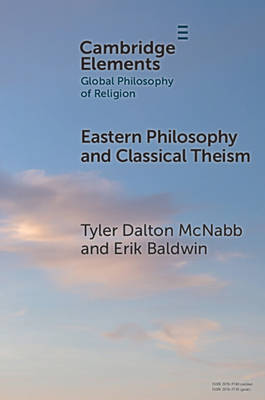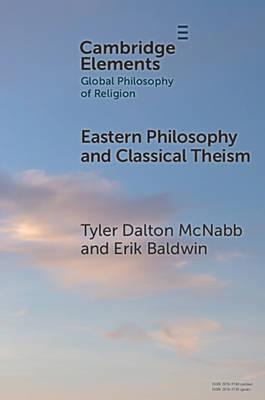
- Afhalen na 1 uur in een winkel met voorraad
- Gratis thuislevering in België vanaf € 30
- Ruim aanbod met 7 miljoen producten
- Afhalen na 1 uur in een winkel met voorraad
- Gratis thuislevering in België vanaf € 30
- Ruim aanbod met 7 miljoen producten
Zoeken
€ 24,45
+ 48 punten
Uitvoering
Omschrijving
Arguably, Classical Theism endorses the following theses: (1) God exists, (2) God is metaphysically simple, (3) God is impassible, and (4) God is wholly immutable. These theses often, though not always, lead to an endorsement of the view that God is wholly ineffable. Classical Theists, then, often see themselves as apophatic theologians. Ineffability and apophatic theology are not unknown in the great Eastern religious and philosophical traditions. In this Element, the authors explore to what extent the metaphysics of Classical Theism are consistent with the metaphysics of various Eastern traditions. After surveying each tradition, the authors argue that there is not only room for consistency, but that some of the traditions surveyed are plausibly read as endorsing Classical Theism, or at least, something not far off.
Specificaties
Betrokkenen
- Auteur(s):
- Uitgeverij:
Inhoud
- Aantal bladzijden:
- 66
- Taal:
- Engels
- Reeks:
Eigenschappen
- Productcode (EAN):
- 9781009660471
- Verschijningsdatum:
- 30/10/2025
- Uitvoering:
- Paperback
- Formaat:
- Trade paperback (VS)
- Afmetingen:
- 152 mm x 229 mm
- Gewicht:
- 99 g

Alleen bij Standaard Boekhandel
+ 48 punten op je klantenkaart van Standaard Boekhandel
Beoordelingen
We publiceren alleen reviews die voldoen aan de voorwaarden voor reviews. Bekijk onze voorwaarden voor reviews.







